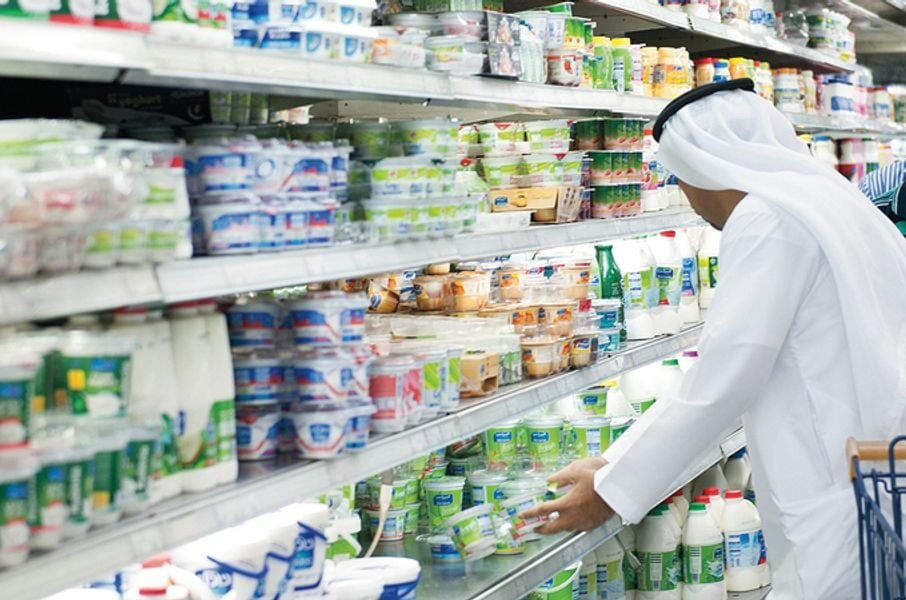The UAE came first among Arab countries and 19th globally in the ‘Food System and Economic Resilience’ ranking, according to the Global Food Security Q2 2022 report released today by Deep Knowledge Analytics.
Saudi Arabia, the UAE, and Qatar are the only Arab countries in the top quartile of ‘Access to Food’ ranking within the index.
The Russian invasion of Ukraine has destabilized the global food system, according to the agency, a leading UK-based provider of advanced analytics on DeepTech and frontier-technology industries. Levels of hunger and acute food insecurity in sub-Saharan Africa, the Middle East, and North Africa (MENA) region, Latin America, and South Asia are expected to increase further by the end of this year.
High-income countries
The report assesses the drivers of food insecurity in 2022. Among the key findings, high-income countries of North America and the EU lead the Food Security Index as the most food-secure nations in the world.
The United States tops the ranking with 7.9 points out of 10. The report concluded that developed, food-secure countries will not face hunger, but the deficit of certain food products and high inflation will be felt.
MENA region
Sub-Saharan and MENA region countries dominate the bottom quartile of the Food Security Index, with Somalia scoring the lowest at 2.97 points out of 10.
According to the study, 25 countries in Sub-Saharan Africa and the MENA region are considered ‘high risk’ and deteriorating.
These countries have not demonstrated the capacity to build food security through national policies and are affected by conflicts (northern Nigeria, Yemen, Burkina Faso, and Niger), by weather conditions such as consecutive seasons of drought (Kenya, South Sudan, and Somalia), and by economic shocks.
Furthermore, the report forecasts that wheat prices are set to increase by 40 percent in 2022. It notes that 36 countries import more than 50 percent of their wheat from Russia and Ukraine.
Commenting on the findings, Alex Cresniov, Director of Deep Knowledge Analytics said: “The role of technology in achieving global food security is more important than ever. AI and real-time monitoring will be helpful to tackle food security issues by enabling companies to develop food management solutions to optimize manufacturing processes and supply chain operations.”
As a response to the decrease in global supply, a number of export restrictions are being imposed to protect national interests. Several food-secure countries have announced and implemented national strategies specifically aimed at tackling food insecurity in 2022, but that does not apply to the majority of countries in the developing world. Such government-led endeavors focus mainly on implementing resilient agricultural practices, strengthening local production, and ensuring access to safe and nutritious food all year round.
“Devising a food security strategy to counter issues of domestic food insecurity must be considered by governments across the world, especially during such times of uncertainty,” Alex added.
Looking ahead, governments need to weigh up the main factors shaping food security such as food access, affordability, production, and the presence of crisis situations globally.








